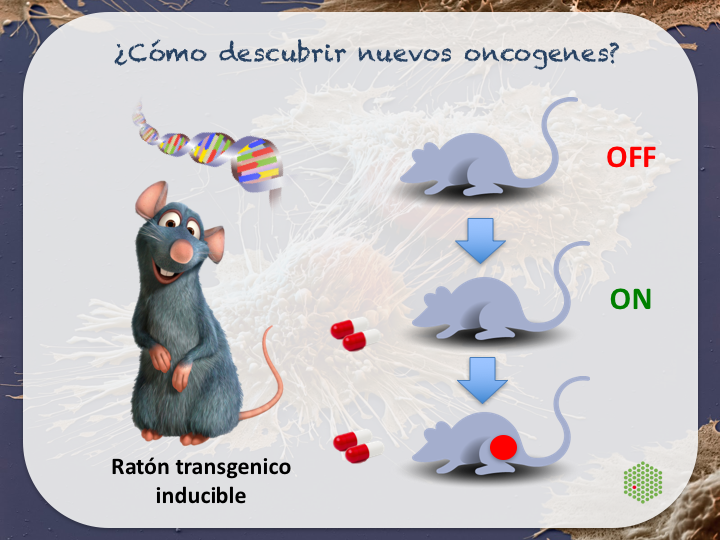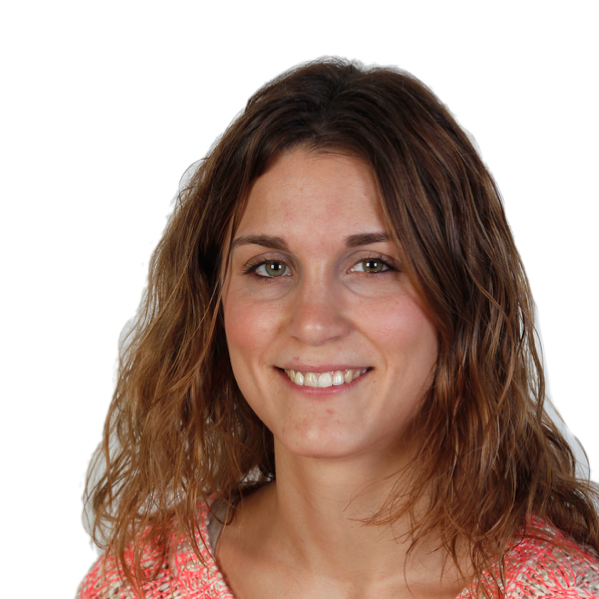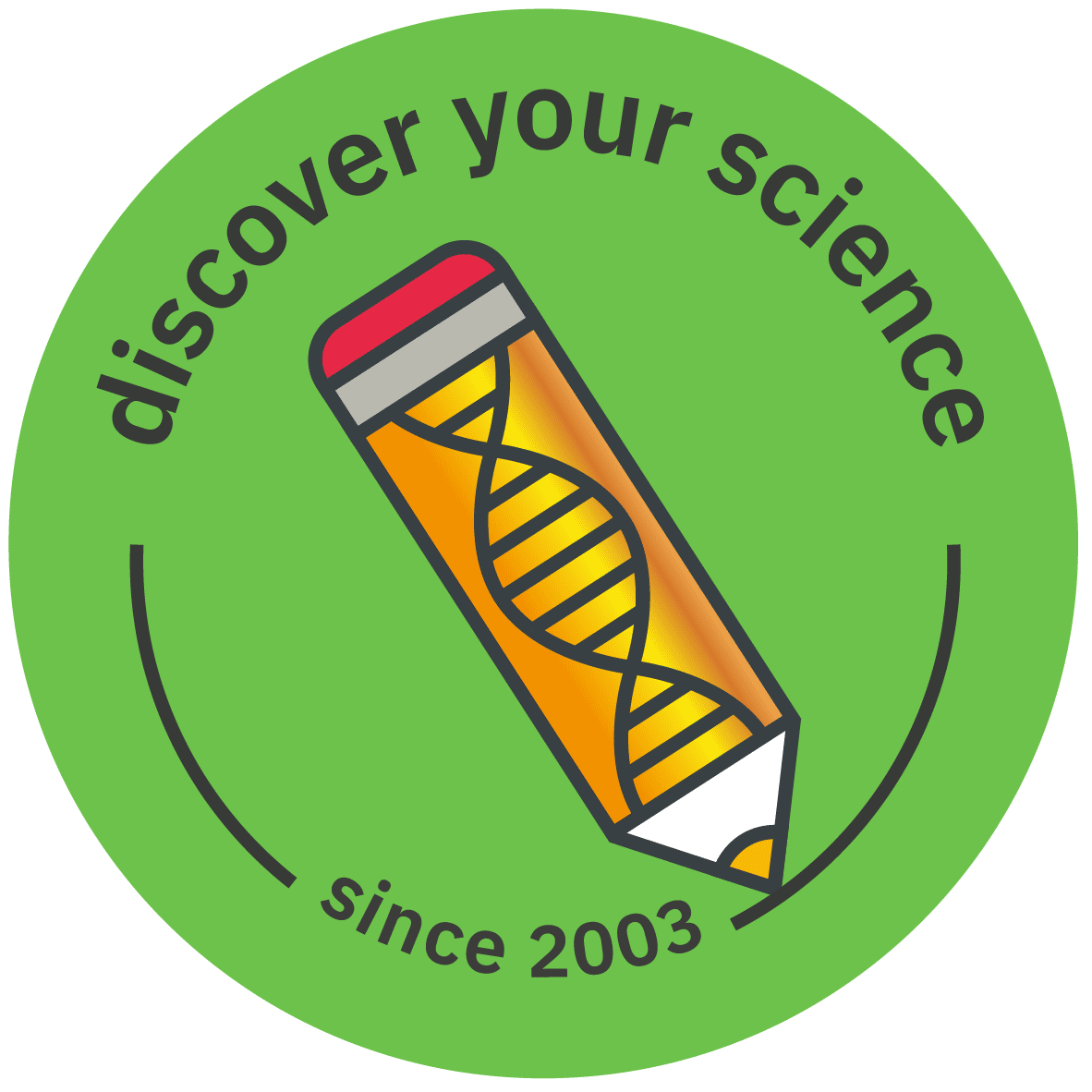EMBL School Ambassador Teresa Rubio Lopez
Country: Spain
Profile
My name is Teresa Rubio and I come from Valencia, a sunny region on the Mediterranean coast, located in the middle east of Spain. I am currently in my second year of postdoc in Dr. Maja Köhn’s lab, which belongs to the Genome Biology Unit at EMBL Heidelberg. In this interdisciplinary lab, biologist and chemist work together to study two phosphatases. One of these phosphatases is PRL-3, involved in many types of human cancer. In the last years I have developed a PRL-3 mouse transgenic model to study the role of this protein in tumor initiation in vivo.
Before joining EMBL, I studied Biochemistry at the University of Valencia. After my university studies, I did my PhD in the Biomedicine Institute of Valencia. At that time I was enrolled in deciphering the molecular basis of a rare disease called Lafora progressive myoclonic epilepsy, which is a complex neurodegenerative disease leading to death in patients before the age of twenty-five. At present, there is no cure or treatment for this disease.
One of the main things that motivated me to become a scientist was my interest in deciphering the mechanism by which diseases processes start and finding a cure was as well as in discovering new things that help to better understand general life processes. The reason why I decided to become an EMBL School Ambassador was that I want to communicate these new discoveries to the society and spread my motivation and passion for science, especially to students who I hope to interest in science with these outreach activities.
Diary
EMBL School Ambassador visit to a school in Xirivella (Valencia), Spain in April 2016
At the beginning of my presentation to the 40 students of the Gonzalo Anaya high school, I asked them if they knew any Spanish scientist and then compared their answers with the knowledge that they had on other topics like football or music – areas for which they could name a lot of famous people. Next, I drew their attention to my slides about the image of scientists in movies and TV series. Once I introduced what scientists do, I explained the different steps in a scientific career – from high school to group leader, emphasizing the importance of university marks, publications and hard work. I talked also about the process of peer review; I found it important to stress the rigor with which a scientific project is performed. I told them about my own experience and how I came from my high school all the way to EMBL. Moreover, I introduced them to my PhD studies on the Lafora disease. The students asked me why I chose to study a rare disease that affects a very small number of people – a question which, I think, highlights a very ethical debate nowadays.
I also took the chance to asked them some general questions to gauge their level of biology, and I realized that some of them were very young and not yet familiar with genes, proteins, DNA or RNA terminology. I had a slide prepared on which I compared a car with a cell and I used it to explain the different levels of biological studies, for example to answer the question why the car can move on the road and a boat cannot. I compared the wheel of the car with the proteins and nucleic acids in the cell. Using this comparison, I explained that is possible to study the role of the wheel by taking it off, which helped me to introduce research using animal models and in vivo studies. At that point of the talk the students heard about the importance of use animal models and why to study mice. Here, they intercepted and asked some very nice questions, for example if there is any regulation that protects animals in research. I discussed the current regulations and also mentioned that the scientists need to take up training before they are allowed to work with animals. I think the students felt that scientists are also animal lovers and no experiment is done without rigorous justification.
Although some technical problems in the school meant that I couldn’t project some of the videos that I had prepared as part of my presentation, some students were very keen and so we watched the movies in my computer. One of the videos was about the stem cell injection into an embryo to make a transgenic mouse; this process was very impressive to them and they really enjoyed watching the video.
After my talk, the students and the teachers asked many questions. I could see the different interests and concerns among both groups – teachers and students – maybe related to age differences. The students were worried about their high school performance as well as the importance of English, not only in science, but also in other jobs. They asked me about my own level of English when I came to EMBL and why I decided to move abroad. I talked about my own experience with the English language and I left them with the message that any potential difficulty with language should not be a barrier to go abroad because is not impossible to learn English. The teachers mentioned that they really liked how I highlighted the importance of team work, which is something that they try to teach in their lessons too. They asked me questions more closely related to adult life, for example, how to combine work and family, how difficult it is to reach an established position in this job, and whether I plan to come back to Spain.
The school visit was a really good experience for me. I enjoyed the talk and the questions as well as the interaction with the students. I realised that they have the same worries that I had when I was at their age. I have to thank the teachers for making this event possible and ELLS for supporting me. But most of all, I want to thank the students of the Gonzalo Anaya high school for their interest in my talk and for actively participating with many interesting questions.


